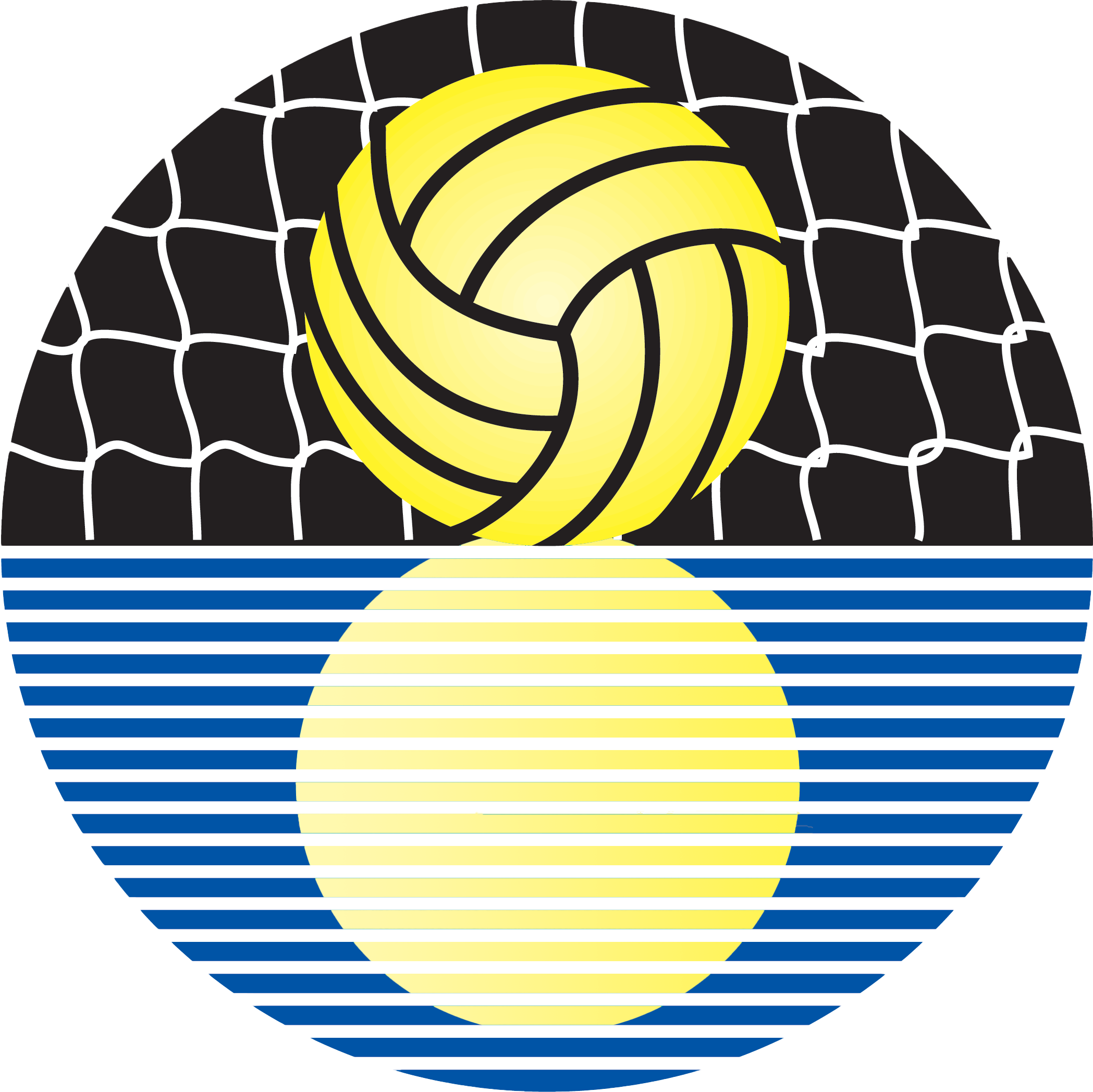CAMBRIDGE, Mass. — Harvard University men’s water polo goalie Nathan Wu (So., San Diego, Calif./The Bishop’s School) is the subject of the latest “Around the Yard” feature on GoCrimson.com.
Following a freshman season in which he posted 64 saves, three assists and three steals, the October 28 Northeast Water Polo Conference (NWPC) Defensive Player and Rookie of the Week is earning notice for his work as a medical missionary.
A member of 2018 Open Division Western Co-League Championship team and 2018 CIF Open Division runner-up prior to arriving in Cambridge, the Crimson netminder answered some questions for the “Around the Yard” feature:
First, what was the trip or program and how did you first find out about it? Was it something you knew beforehand you definitely wanted to do or did you happen across it and became more interested as you learned more?
I spent last New Year’s in Costa Rica, listening to the fireworks being launched from the backyards of many houses around us. My family, my best friend from high school, and I were on a medical mission trip with International Medical Relief (IMR), a non-profit organization that I have been a part of since 2015, when I embarked on my first medical mission trip to Haiti. I was in fourteen at the time and IMR was one of the only organizations that had trips that were a week (it had to fit into my winter or spring break schedule) and that allowed kids. My mom is from the Philippines and after visiting family in the wake of the 2013 Haiyan typhoon, I was aware of the devastating effects of natural disasters, especially in places with limited resources to recover. Five years after the devastating 7.0 magnitude earthquake that hit Haiti in 2010, fifteen miles from the capital, Port-au-Prince, many villages surrounding the capital were still being impacted by the aftermath. What I like about IMR is that they connect with Haitians on the ground and existing leaders of change; local leaders assess situations and direct us where medical assistance is needed and, more importantly, wanted. They also help IMR in forming an amazing team of local translators who are essential if any positive impact is to be made.
This trip was my first exposure to the medical field. It was very taxing work: riding two hours or more in small buses through dusty roads in high heat, setting up mobile clinics in a church or a school, and seeing 1800 people in a week. But I thoroughly enjoyed every day I spent there. Working with a team, interacting with locals, eating local food, and bonding with the translators was an experience so incredible, I have since been on five more medical missions with IMR, another to Haiti, and others to the Philippines, Nepal, Guatemala and Costa Rica.
What were your expectations prior to the trip? Did the trip/program relate to your concentration or intended career path?
Most recently, last New Year’s I was on my sixth medical mission, this time around Upala, Costa Rica. This trip went just how I expected: it was yet another experience of a lifetime. The climate was wetter than compared to Haiti. The food and hospitality was spectacular. We stayed at the hotel of the local leaders who were working with us. One owner was a doctor himself and worked as a sick care provider at mobile clinics. They organized which places we would set up each day. Upala is in northern Costa Rica near the Nicaraguan border. Nicaraguan refugees made up many of the patients we saw.
This trip was different because I was now nineteen and much more certain of my dream to go into the medical field. While I already was able to take vitals, run labs, shadow providers, assist the dentists, teach sustainable education, and provide wound care, these trips only further persuade me to join the medical field so I can be a provider and help in an even more significant way on trips in the future. These experiences have also given me incredible things to ponder, especially in my classes Disease, Illness, and Health in Literature and Global Oral Health where we discuss the issues and intricacies of national and global healthcare.
What was one of the most meaningful experiences you had while in Costa Rica?
Another unique part of this trip was going on home visits to Costa Ricans requesting medical attention but were not fit to come to our mobile clinic. Going on two home visits, I saw the spaces some families lived in as they were kind enough to let us into their home. One lady we visited was shivering in pain from an auto-immune disease. We could not provide any treatment for her, sadly. We simply talked to her, gave her a hug, cried a little with her, and I’ve prayed for her every day since then.
Would you recommend the trip to future Harvard students? Would you go again, either to Costa Rica or a similar trip somewhere else?
I would 100% go again on another medical mission trip, especially to Costa Rica. Unfortunately, with the pandemic, these trips have been put on hold. But once they resume, in whatever form that may look like, I would highly recommend going on a medical mission with IMR.
Has the work you’ve done in Costa Rica changed your future outlook on what you might want to do post-grad?
I’ve learned that I am called to serve others in any situation. Whether it’s towards my family, a friend, someone I don’t know, or one of my brothers or coaches on the team, I have to strive to act selflessly always.
Information courtesy Harvard University Athletics Communications




